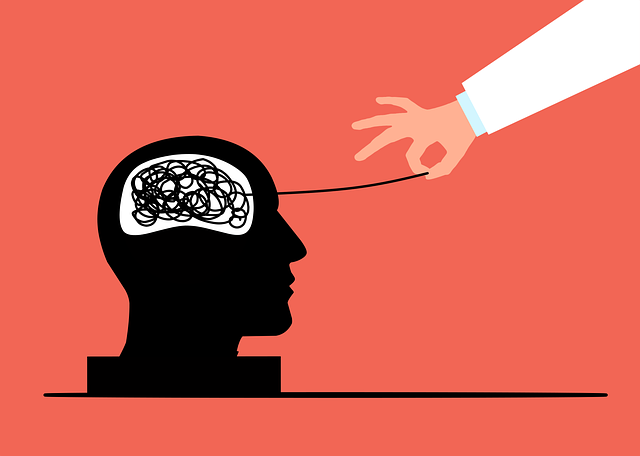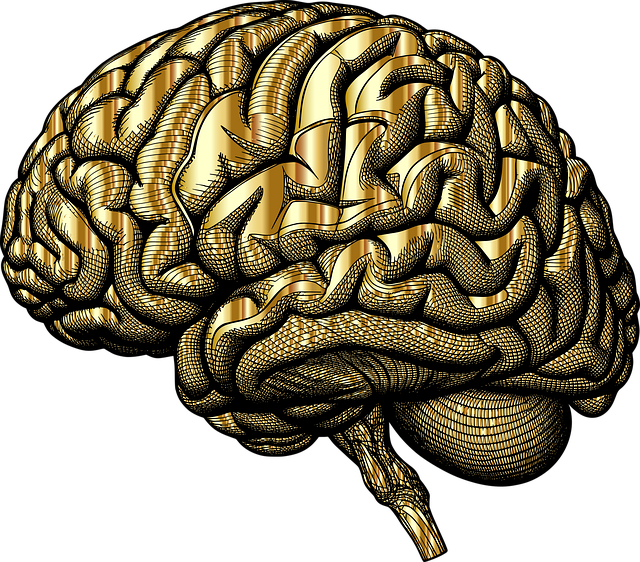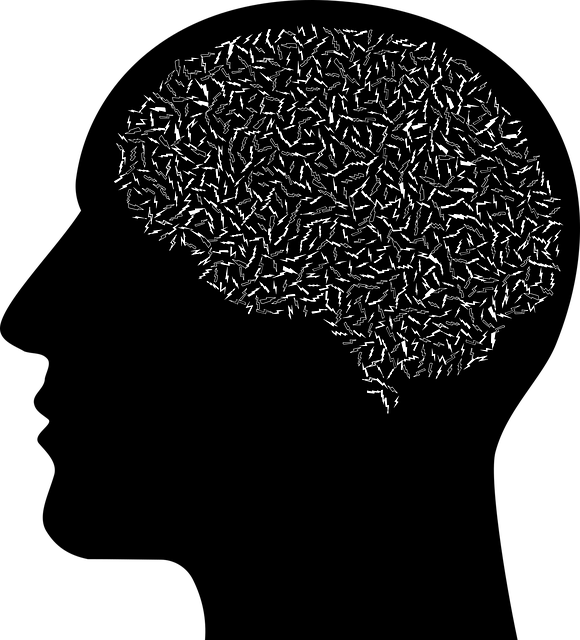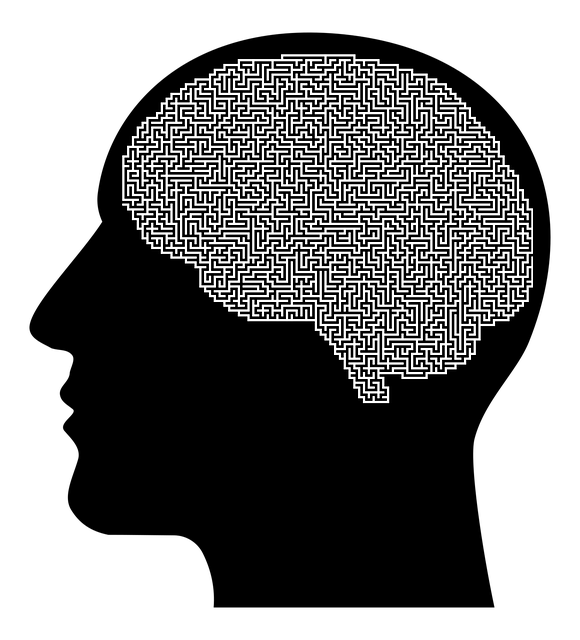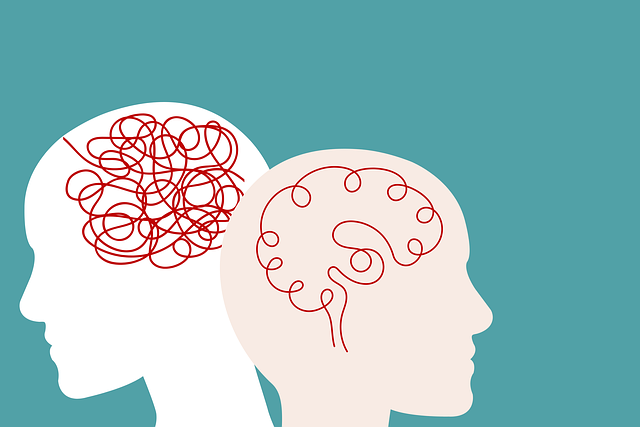Littleton Veterans Therapy (LVT) offers evidence-based social skills training tailored to individuals with mental health conditions, addressing communication challenges that lead to isolation and exacerbating symptoms. Their Trauma Support Services empower clients with coping mechanisms, positive thinking, and interpersonal navigation, resulting in improved self-confidence, smoother interactions, and more meaningful connections. LVT's holistic approach includes CBT, role-playing, mindfulness meditation, and group discussions, acknowledging the significant impact of social interactions on mental health outcomes and societal stigma reduction. Success stories highlight improved relationships, anxiety management, and overall well-being through their tailored sessions focusing on inner strength, self-care, and communication skills.
Social skills training is a powerful tool for managing mental health conditions, especially those linked to social anxiety and trauma. This article explores the significance of such training in enhancing individuals’ ability to connect and interact with others. We shine a spotlight on Littleton Veterans Therapy, highlighting their specialized approach to addressing social anxieties and PTSD through innovative programs. By delving into key components and real-world success stories, we demonstrate the transformative potential of effective social skills training.
- Understanding the Importance of Social Skills Training for Mental Health Conditions
- The Role of Littleton Veterans Therapy in Addressing Social Anxiety and PTSD
- Key Components of Effective Social Skills Training Programs
- Real-World Applications and Success Stories from Littleton Veterans Therapy
Understanding the Importance of Social Skills Training for Mental Health Conditions

Social Skills Training plays a pivotal role in managing and improving mental health conditions, especially for individuals dealing with trauma or seeking emotional healing. At Littleton Veterans Therapy, we recognize that effective communication and social interaction are essential components of overall well-being. Many mental health disorders can make social situations challenging, leading to feelings of isolation and exacerbating existing symptoms.
Our Trauma Support Services are designed to empower clients by teaching them valuable social skills, fostering positive thinking, and enhancing their ability to navigate interpersonal relationships. Through these Emotional Healing Processes, individuals learn coping strategies that facilitate smoother interactions, boost self-confidence, and promote a sense of belonging. By integrating these techniques into daily life, clients can experience improved mental health outcomes and cultivate more fulfilling social connections.
The Role of Littleton Veterans Therapy in Addressing Social Anxiety and PTSD

Littleton Veterans Therapy (LVT) plays a pivotal role in addressing social anxiety and PTSD through targeted interventions designed to combat the isolating effects of these conditions. By fostering a supportive environment, LVT encourages individuals to navigate social interactions with confidence and resilience, breaking down barriers often associated with mental illness stigma. Through evidence-based practices, therapists at LVT help clients develop coping mechanisms and build social skills, thereby enhancing their ability to connect with others and engage in meaningful relationships.
Beyond addressing symptoms, LVT incorporates stress reduction methods and burnout prevention strategies for healthcare providers, acknowledging the profound impact that supporting those with mental illness can have on caregivers’ well-being. This holistic approach ensures that both veterans and therapists receive the necessary tools to manage challenges effectively, ultimately contributing to improved mental health outcomes and a reduction in the societal burden of mental illness stigma.
Key Components of Effective Social Skills Training Programs

Effective social skills training programs for mental health conditions share several key components that contribute to their success. Firstly, Littleton Veterans Therapy emphasizes a tailored approach, recognizing that each individual’s needs and challenges are unique. These programs should incorporate a range of evidence-based techniques, such as cognitive behavioral therapy (CBT), role-playing exercises, and group discussions, to help participants navigate social interactions with confidence.
Moreover, Cultural Sensitivity in Mental Healthcare Practice is an integral aspect, ensuring that training caters to the diverse backgrounds and experiences of those seeking support. Incorporating mindfulness meditation and Coping Skills Development allows individuals to learn and practice stress management techniques, enhancing their ability to handle challenging social situations with a calm and composed mindset.
Real-World Applications and Success Stories from Littleton Veterans Therapy

At Littleton Veterans Therapy, our real-world applications of social skills training have shown remarkable success in supporting individuals with mental health conditions. We understand that navigating social interactions can be challenging after experiencing trauma or dealing with long-term mental health issues. Therefore, our therapy programs focus on developing inner strength and mastering self-care practices to foster meaningful connections.
Through tailored sessions, we empower clients to enhance their communication skills, build confidence in social settings, and learn effective coping strategies. Success stories from Littleton Veterans Therapy highlight the transformative power of this approach. Many individuals have reported improved relationships, better management of anxiety in social situations, and increased overall well-being. Our Trauma Support Services cater to those specifically affected by traumatic events, providing them with the tools to rebuild their lives and reconnect with a supportive community.
Social skills training, as demonstrated by the innovative programs at Littleton Veterans Therapy, is a powerful tool for managing mental health conditions like social anxiety and PTSD. By focusing on key components such as communication, emotional regulation, and group interaction, these programs offer real-world applications that foster significant improvements in patients’ lives. The success stories shared by Littleton Veterans Therapy underscore the importance of such training in enhancing social functionality and overall well-being.

